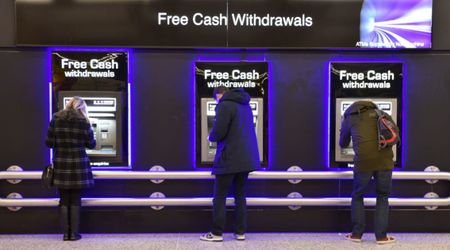Tenants Are Struggling With House Rents but Millennials Still Prefer Living in Rented Homes

Rented homes and apartments have become the new trend that everyone is running behind. Due to this increased demand and shift, the cost of rents has gone up suddenly, making it difficult to afford a rented home. But why did this change all of a sudden? This is a result of many factors, including financial status, market change, increasing population and job shift. One of the biggest reasons millennials are more inclined towards renting a home rather than investing all their savings and buying a new home is the generation gap. They think differently and believe in grabbing the opportunities as they come and not playing safely in life. Living in a rented home goes well with the digital nomad lifestyle that many Gen Zers and millenials are embracing. 
Upsurging rents result in lower affordability
House rents have gone up so high that half of the United States' population is finding it difficult to even afford the rent, and living expenses. In December 2023, the average rent was $1,713 which was slightly less but was still $309 higher as compared to the Covid-19 time, demonstrating a 22% increase in the rents. Per Harvard University’s Joint Center for Housing Studies, the rent prices will not be striking high this year. This sounds like a relief to the 22.4 million households who are paying almost one-third of their salary in rent. If a person pays for anything which is more than 30% of his fixed income, it is considered a cost burden and almost 12 million people are facing the cost burdens which means they are paying more than they can afford.

Rent costs will continue to be an added expense
Seeing the trends several reports suggests that even if rents cool down, affordability levels will not be able to match the numbers. In last few years, a slight decrease in rent prices were noted but not many were interested in paying such huge amounts out of their incomes. The rent prices hiked up in 2021 and 2022 but in 2023 even after the construction of more apartments, the rent price saw an increase of just 0.4% yearly. In the month of November, Manhattan witnessed lower rent prices in 27 months and the average rent dropped to $4,000, which is approximately 4.6% less than in October as per the report from Douglas Elliman and Miller Samuel Real Estate Appraisers and Consultants.

Zumper CEO Anthemos Georgiades further explained how there is an imbalance between the demand and supply despite several apartments being built. Most of the power has gone into the hands of the buyer after the pandemic and they do not wish to move into rented apartments. Around 436,000 new apartment units were built last year and over one million are under construction, which is the highest since 1988. However, new housing constructions will not continue at this rate as the demand is not that high. As some age groups are inclined towards renting homes and wish to live in a different city, the rent cost will continue to be an added expense and a huge problem in the future.
























